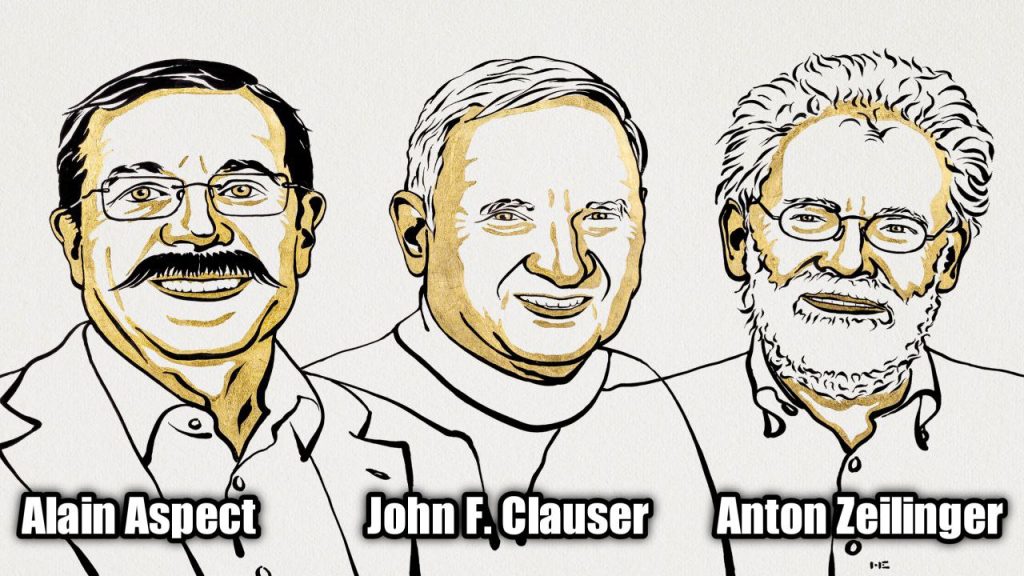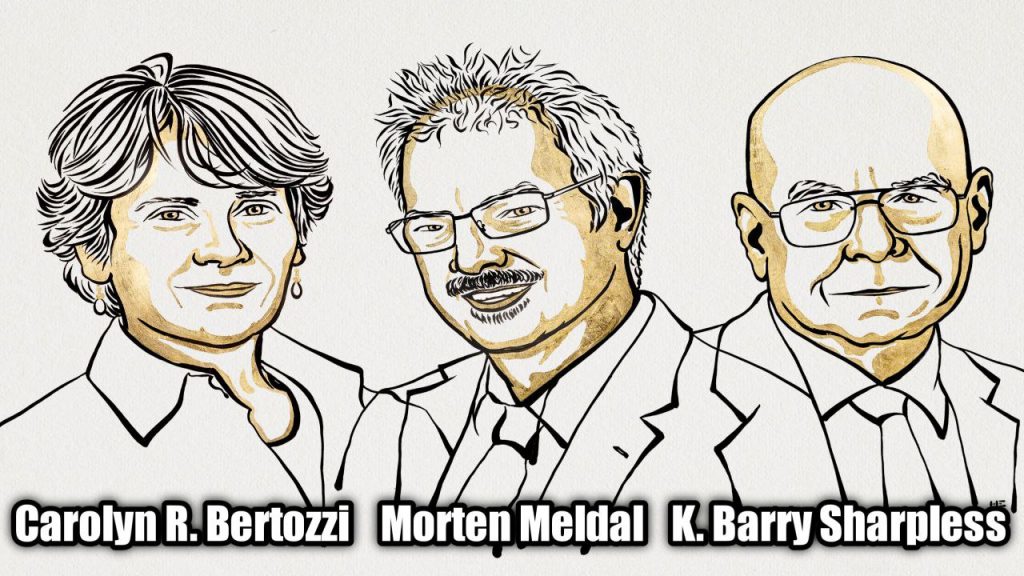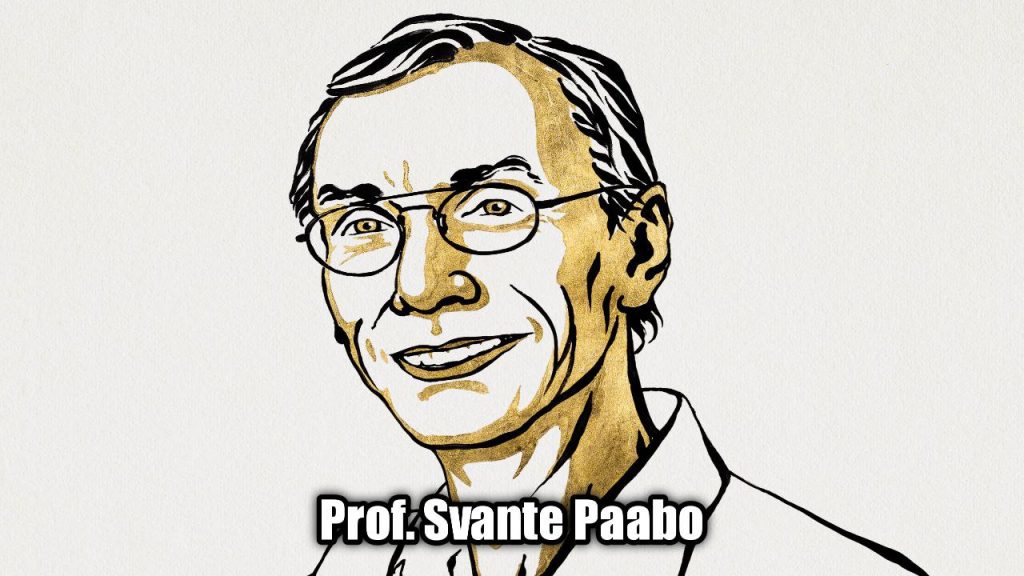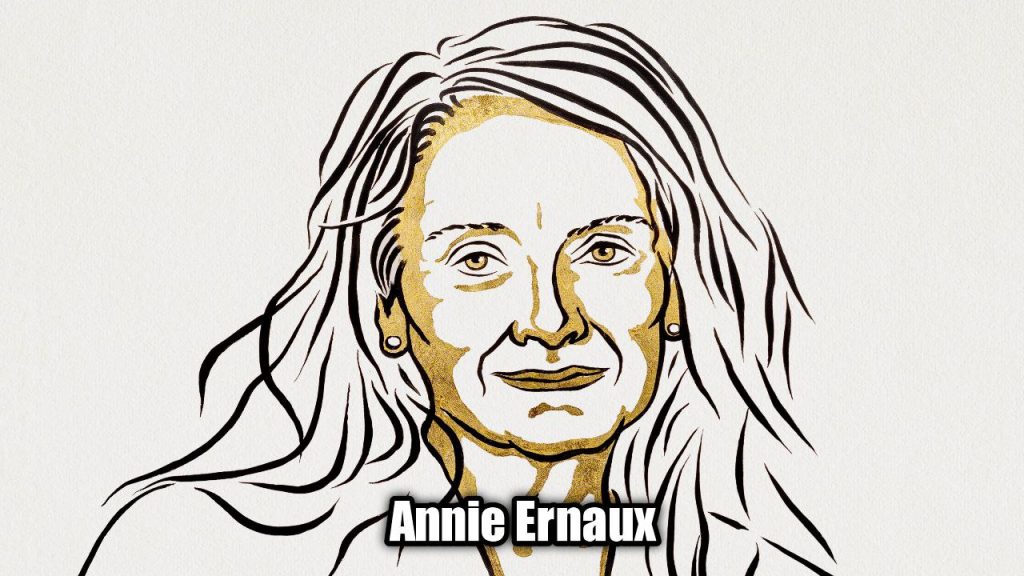The Nobel Prize is one of the most prestigious and prominent international awards. Customarily during the initial week of October, committees in Sweden and Norway award six Nobel Prizes, namely, Physics, Chemistry, Literature, Physiology or Medicine, Peace, and Economic Sciences. Each recognizes a ground-breaking contribution by an organization or an individual in a specific field.
Historically, it was started by the effort of the Nobel Foundation in memory and as per the will of Swedish scientist Alfred Nobel in 1901. All Noble Laureates are given a gold medal, a diploma, and a monetary award.
Since 1901, the Nobel Prizes and the Sveriges Riksbank Prize in Economic Sciences in Memory of Alfred Nobel were awarded to individuals 959 times and 30 times to organizations.
Synopsis: 2022 Awardee
Physics: Alain Aspect, John F. Clauser, Anton Zeilinger – Awarded by the Royal Swedish Academy of Sciences.
Chemistry: Carolyn Bertozzi, Morten Meldal, Barry Sharpless – Awarded by the Royal Swedish Academy of Sciences.
Medicine: Professor Svante Pääbo – Awarded by the Karolinska Institute, Sweden.
Literature: Annie Ernaux – Awarded by the Swedish Academy.
Peace: Ales Bialiatski, Organization Memorial and Organization Center for Civil Liberties – Awarded by the Norwegian Nobel Committee.
Economics: Ben S. Bernanke, Philip H. Dybvig and Douglas W Diamond – Awarded by the Sveriges Riksbank, Bank of Sweden.

Physics
Alfred Nobel mentioned Physics as the first prize area in his will from 1895. His research was also closely tied to physics. The first Nobel Prize in Physics was awarded to Wilhelm Röntgen who discovered X-radiation. Later on, this X-ray tube became the most frequent instrument to be used in the medical field.
Alain Aspect, Anton Zeilinger, and John F. Clauser were jointly awarded Noble Prize in physics for their work in quantum technology. Using ground-breaking experiments, they have demonstrated the potential to investigate and control particles that are in entangled states. The laureates’ findings paved the way for a new era of quantum technology and have “shaken the very foundation of how we interpret measurements

Chemistry
Chemistry was the most important science for Alfred Nobel’s work. Chemistry was the second prize area as per Alfred Nobel will.
Carolyn R. Bertozzi, K. Barry Sharpless, and Morten Meldal received the Nobel Prize in Chemistry “for the advancement of click chemistry and bio-orthogonal chemistry. They collaborated to develop click chemistry, a usable form of chemistry that provides a “simple and direct route” to building molecular functions. Dr. Bertozzi “took click chemistry to a whole new level” by applying it to lifeforms and are now contributing to more targeted cancer treatments, among many other applications. Dr. Bertozzi is the 8th female chemist to receive the award, and Dr. Sharpless is the fifth scientist to receive two Nobel Awards.
Medicine/Physiology

Alfred Nobel had an active interest in medical research. Alfred mentioned Physiology or medicine as the third prize area in his will.
Dr. Svante Pääbo was awarded the Nobel Prize in Physiology or Medicine for his discoveries concerning the genomes of extinct hominins and human evolution and achieved the seemingly impossible through his pioneering research. He extracted genetic code from 40,000-year-old bone fragments to create a full Neanderthal (an extinct relative of present-day humans) genome, marking a watershed moment in ancient DNA research.
Additionally, Pääbo also determined that after the migration of Homo Sapiens out of Africa around 70,000 years ago, the gene transfer had occurred from these now-extinct hominins to humans. And today, this ancient flow of genes to humans has physiological relevance, for example, it affects our immune system response to infections.

Literature
Alfred Nobel had broad cultural interests. During the early years of his life, he developed a keen interest in literature which remained throughout his life. Nobel mentioned Literature as the fourth prize area in his will.
Annie Ernaux, a French novelist, was the eighteenth woman since 1901 to win the Nobel Prize in literature “for the courage and clinical acuity with which she uncovers the roots, estrangements, and collective restraints of personal memory.” The 82-year-old writer has been writing biographical narratives about women’s rights and the human condition for more than fifty years. Literary works have stated that writing is a political act that opens our eyes to social inequality. For this reason, she employs dialect as a “knife” to sever the veils of imagination. Annie Ernaux explores in her writing a life characterized by stark discrepancies in gender, language, and class.
Continue reading in Part 2 to know interesting facts about 121 years of the Nobel Prize history, the remaining 2 fields (Peace & Economics), its stupendous prize money, and the story behind Noble Awardees being called Laureates.
See you again in Part 2. Happy Reading.









